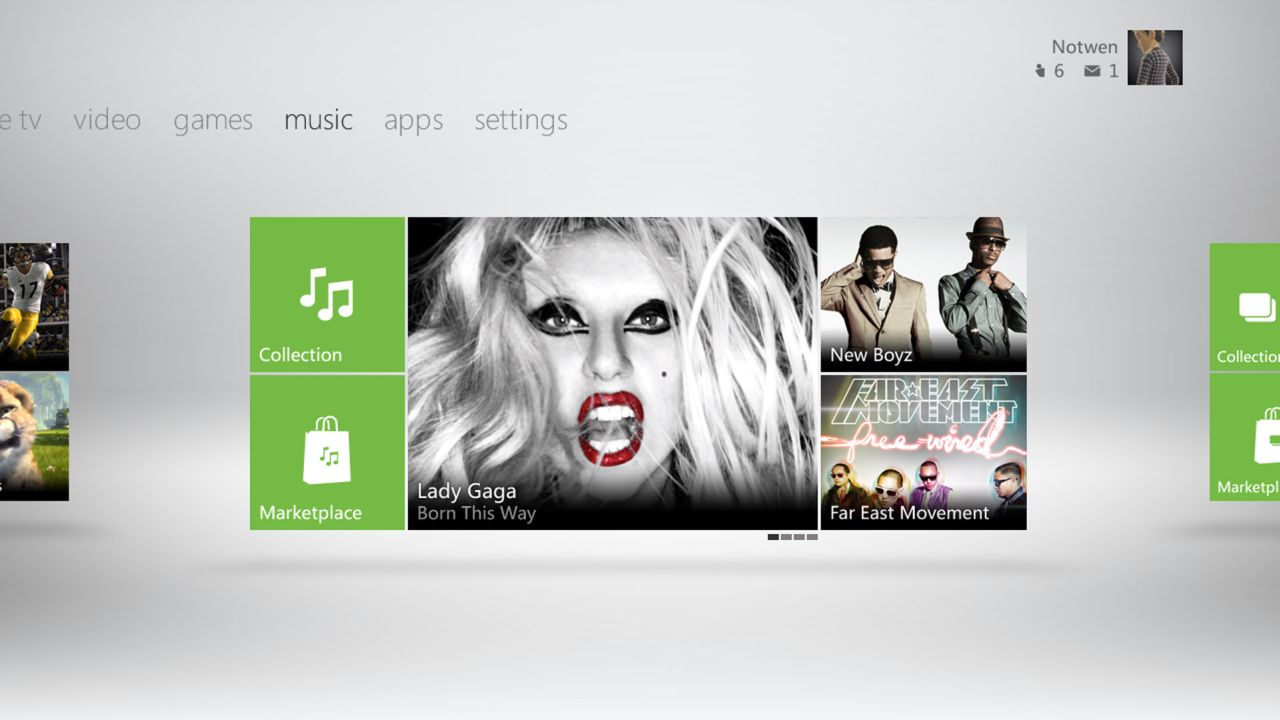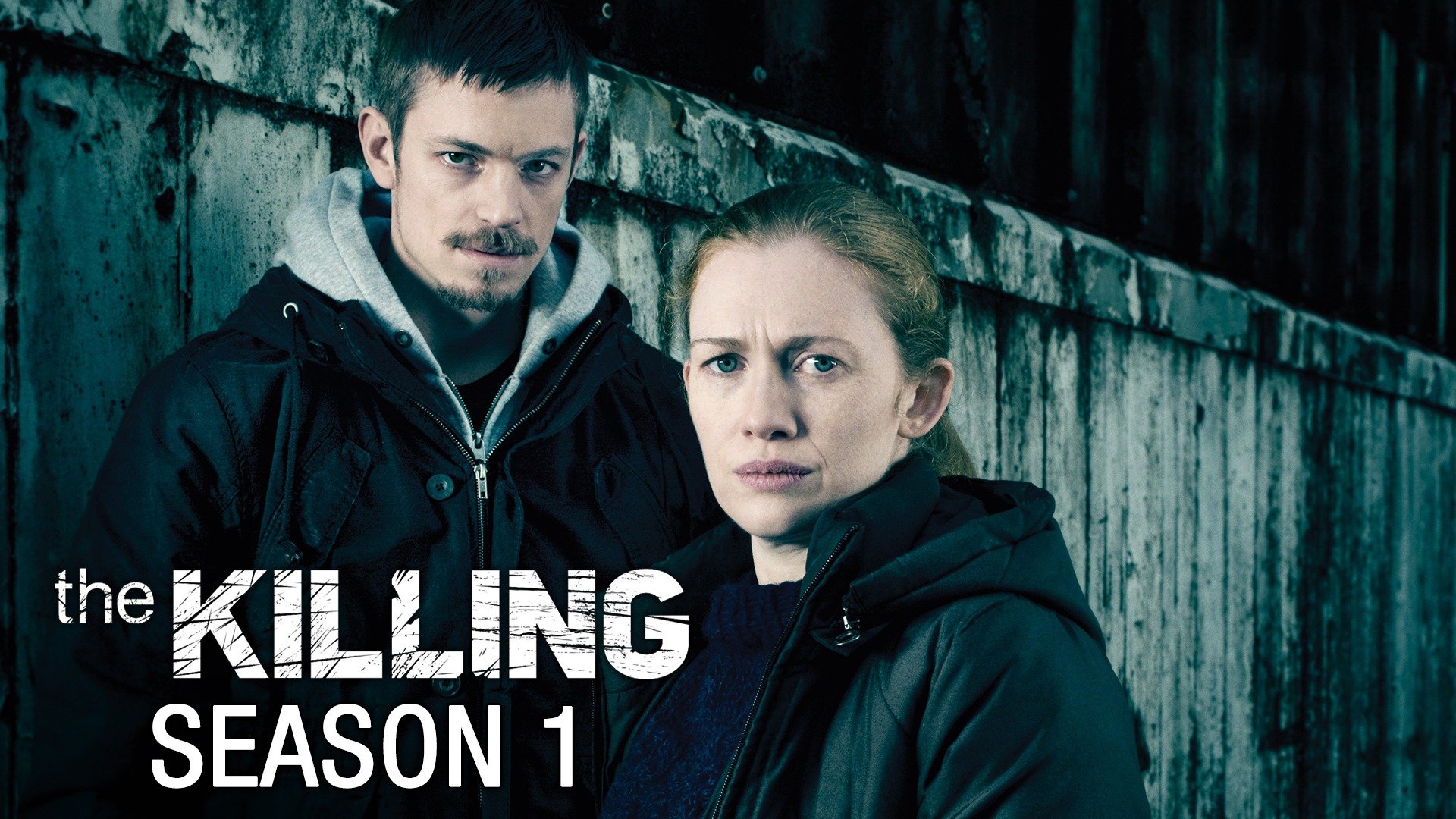


I can’t think of anyone this side of Eminem who’s wrung more changes on white-boy hiphop mannerisms in a manner that didn’t irritate but which actually illuminated, even made eloquent, his state of mind.On her last day of work, hugging detective Sarah Linden is drawn into a new case about the disappearance of a teenage girl, Rosie Larsen. And about mid-way through the series, once it was revealed that Holder was an addict in active sobriety, Kinneman really got to release Holder’s loose-limbed wryness, sarcastic pessimism, and a convincing fondness for Linden that even the ending could not contradict. Enos deserves a majority of the credit for sustaining interest in The Killing, since she managed to maintain the series’ dedicated dour mood while always taking advantage of those small cracks in the episodes that permitted her to show us Sarah’s torn loyalties, her parental guilt, her ambivalence about and irritation with the guy she was supposed to be leaving her job to marry (kudos to Callum Keith Rennie for playing the half-baked role of Rick as though it had a real narrative through-line, which it most certainly did not). Most of all, we had ample time to contemplate Mirielle Enos’ Sarah Linden, as good at police work as she was bad as a mother and fiancee. These were occasions to remove ourselves from the (in)action and idly think about whether it was really as uncomfortable, chilly, and damp as it looked when the actors filmed this thing, and whether stars such as Joel Kinneman (as cop Stephen Holder), Billy Campbell (as politician Darren Richmond), Kristen Lehman (as campaign coordinator Gwen), and Brenden Sexton III (as the mommy-issue working-man Belko) were being directed to remain perpetually poker-faced because any one of them might turn out to be the killer of Rosie Larson, but they hadn’t been handed those crucial script pages yet. And indeed, there were weeks during The Killing‘s slow, sagging middle - those hours spent with what almost always felt like a red-herring plot about the Muslim school-teacher as a suspect or those long moments when the camera held onto its close-ups of Michelle Forbes’ Mitch doing variations on silent, depressed grief - which practically invited our minds to wander.

When I’m thinking about a show’s business decisions as much as I am its dramatic content, that’s usually not a good sign for my, and possibly your, involvement in it.


 0 kommentar(er)
0 kommentar(er)
